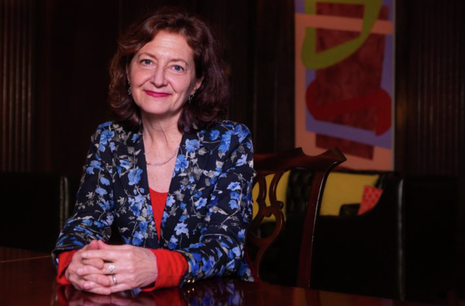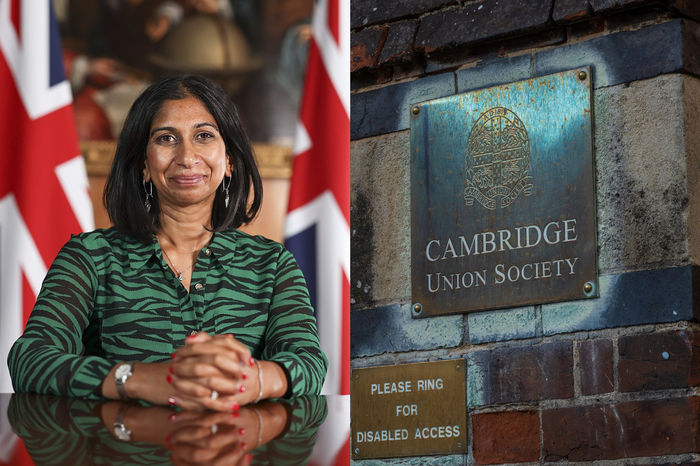Free speech on campus is ‘very difficult’, says VC
Vice Chancellor Prentice, who has introduced free speech dialogues, claimed she “remembered being able to talk more freely” in the past

The Vice-Chancellor has admitted that it has become “very difficult” for people to speak freely at universities, compared to her time spent as a student.
In an interview with the Naked Scientist podcast, Vice-Chancellor Deborah Prentice explained the need to safeguard freedom of speech on university campuses and discussed her initiatives to improve the current situation.
Prentice said she can “remember being able to talk much more freely than I see people able to talk now”.
She explained: “The pandemic made it a lot worse” because “people no longer had ways that they could express themselves to each other and have an authentic kind of exchange with reactions that they could observe and respond to.”
“It was getting bad already, with the polarisation that has arisen,” she added.
According to Prentice, “there are many things that lead people to self-censor. And I think that the challenges around, not knowing who you’re talking to, not knowing if it’s going to get a positive reception lead people to hesitate to express themselves, to censor their own views, to look for cues about what kinds of opinions will be acceptable.”
In an attempt to combat self-censorship on campus, Prentice has introduced free speech ′dialogues’.
The dialogues aim to “provide a public forum for the exchange of conflicting and possibly controversial views,” Prentice explained in her first annual address.
The first dialogue was held in November and saw three speakers engage in conversation, with each offering a different perspective on legalising euthanasia in the UK.
Prentice told the podcast that “one of my initial projects here at Cambridge is to look for ways to create spaces to give people experience listening to diverse views.”
“It’s not something that people come now to university with a lot of experience doing,” she added.
 Interviews / Lord Leggatt on becoming a Supreme Court Justice21 January 2026
Interviews / Lord Leggatt on becoming a Supreme Court Justice21 January 2026 Features / Are you more yourself at Cambridge or away from it? 27 January 2026
Features / Are you more yourself at Cambridge or away from it? 27 January 2026 News / Reform candidate retracts claim of being Cambridge alum 26 January 2026
News / Reform candidate retracts claim of being Cambridge alum 26 January 2026 News / Stand Up To Racism protests in solidarity with Minneapolis marches28 January 2026
News / Stand Up To Racism protests in solidarity with Minneapolis marches28 January 2026 News / Vigil held for tenth anniversary of PhD student’s death28 January 2026
News / Vigil held for tenth anniversary of PhD student’s death28 January 2026











